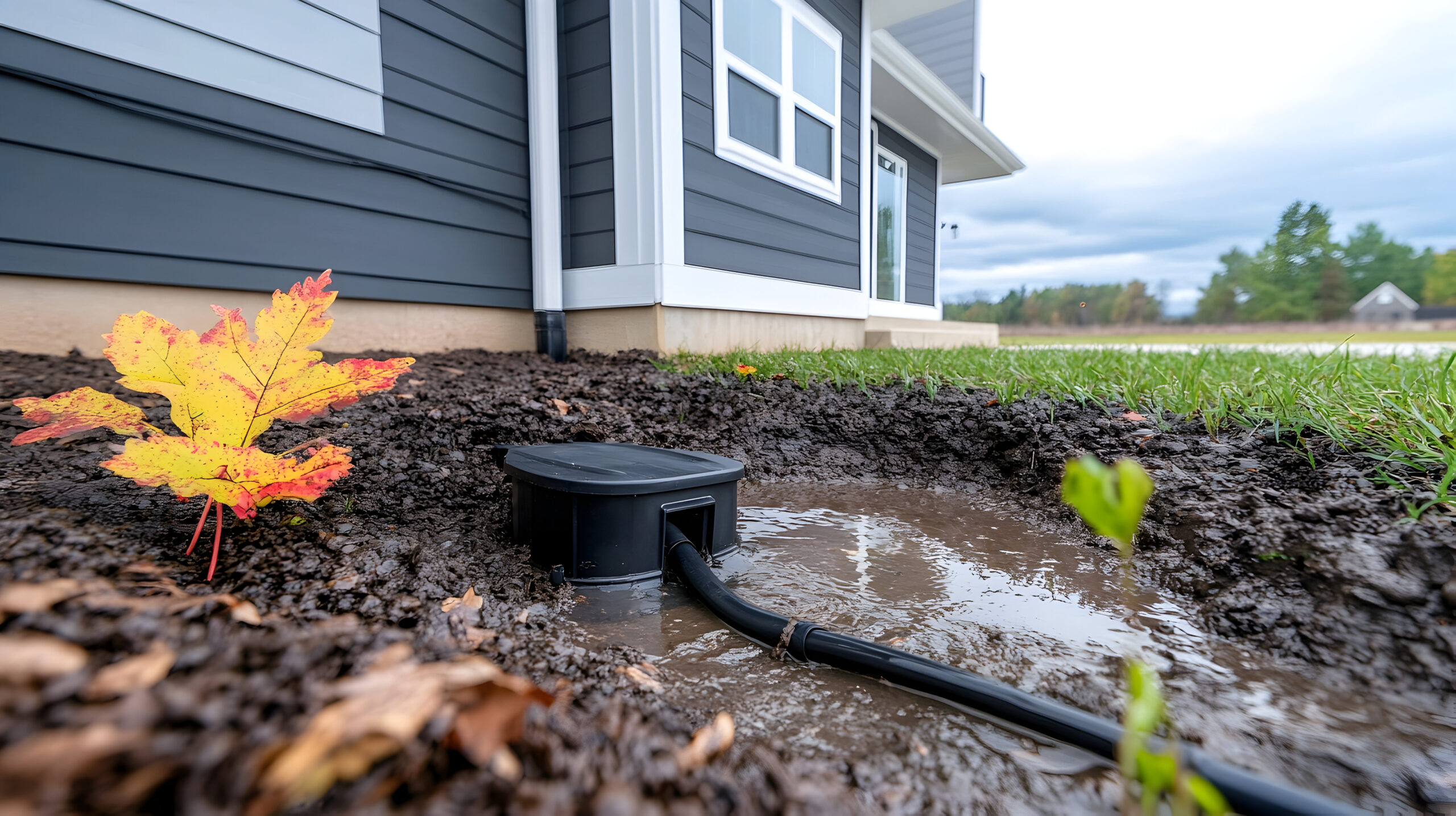
Building for New England Weather: Essential Features for Your MA Home Addition
If you’re a Massachusetts homeowner considering a home addition, you already know: New England weather doesn’t mess around. From nor’easters to humid summers to those long, icy winters, designing and building a successful addition in this region takes more than just style; it requires strategy.
At Colony Home Improvement, we specialize in home additions built to handle the extremes. Whether you’re adding a cozy sunroom, a second story, or expanding your kitchen, your design must meet both your lifestyle needs and New England’s unpredictable climate.
In this guide, we’ll walk you through essential MA home addition features to keep your space durable, efficient, and comfortable year-round. If you’re planning a New England home addition, this is your weather-proofing blueprint.
Understanding the Climate: Why New England Is Unique
New England residents are no strangers to wild weather swings. In Massachusetts, a single week can bring torrential rain, snow flurries, and a 70-degree afternoon. These sharp changes pose serious challenges to construction, not only for durability but also for energy efficiency, comfort, and long-term maintenance.
Some of the biggest weather threats to homes in the region include:
- Heavy snow and ice in winter can strain roofs and freeze pipes
- High humidity and extreme heat in the summer test ventilation and cooling systems
- Freeze-thaw cycles, which can cause cracks in foundations and exterior surfaces
- Coastal storms, which impact homes across eastern Massachusetts with wind-driven rain and salt exposure
When working with experienced home addition contractors in MA, you’ll be guided through smart design choices that anticipate these factors. Massachusetts homeowners benefit from additions that are both beautiful and built to endure the seasons.
Weather-Resistant Construction Materials
A successful Massachusetts home renovation starts with selecting durable, climate-appropriate materials. Your addition must resist moisture, temperature swings, and wind without compromising aesthetic appeal.
Here are some durable home addition materials that we frequently recommend:
- Fiber Cement Siding: Unlike wood, fiber cement won’t rot or warp in humidity. It’s also fire-resistant and handles freezing temperatures well.
- Architectural Shingles or Metal Roofing: These roofing materials, suitable for New England snow and ice, provide better performance than traditional asphalt. Metal roofs, in particular, shed snow efficiently to prevent buildup.
- PVC or Composite Decking: For year-round outdoor living additions, composite materials resist moisture, cracking, and insect damage.
- Closed-Cell Spray Foam Insulation: This type of insulation is both energy-efficient and moisture-resistant, ideal for attics, basements, and crawlspaces in our climate.
When you select durable materials for your addition, you lower maintenance costs and boost long-term value. It’s a smart way to build a weather-resistant MA home addition that stands the test of time.
Energy Efficiency & Smart Insulation
Keeping your home warm in the winter and cool in the summer takes more than just a good HVAC system; it starts with proper insulation and sealing.
For energy-efficient additions, consider the following:
- Spray Foam Insulation: Provides both insulation and an air barrier, which helps prevent heat loss and air leakage.
- Blown-in Cellulose: A sustainable choice with excellent thermal performance, especially for retrofitting existing walls.
- Rigid Foam Boards: Great for basements and slab-on-grade additions, offering both structural support and thermal protection.
Paired with high-efficiency HVAC systems, this insulation ensures a comfortable indoor climate throughout the year. To further enhance energy savings:
- Use smart thermostats to control heating and cooling remotely.
- Install energy-efficient windows and doors, such as triple-pane, low-E windows, widely considered the best windows for New England weather and home additions.
Don’t forget about Mass Save® rebates, which can help offset the cost of these upgrades. Many Massachusetts homeowners aren’t aware of the incentives available when building an energy-efficient addition, but your contractor should be.
Foundation & Drainage Solutions
The foundation requirements for home additions in Massachusetts are heavily influenced by freeze-thaw cycles and groundwater conditions. One of the most common mistakes in home additions is underestimating how much water and frost can affect a poorly designed base.
Some effective strategies include:
- Frost-Protected Shallow Foundations (FPSFs): Ideal for energy efficiency and stability in cold climates. These require less excavation but must be expertly designed.
- Grading and Drainage Systems: Ensure the land around your home slopes away from the foundation to prevent pooling and water intrusion.
- French Drains and Sump Pumps: Excellent for homes with high water tables or prone to flooding.
- Vapor Barriers and Crawlspace Liners: Protect the understructure from mold and rot.
For coastal areas, waterproofing strategies for home additions in coastal Massachusetts are a must. Salty air, humidity, and storms mean you’ll need extra protection and code compliance; your home addition contractor should be well-versed in this.
Storm-Ready Features You Shouldn’t Skip
Building in Massachusetts means preparing for all seasons, including hurricanes, blizzards, and windstorms.
Here’s how to design an MA home addition for weather resilience:
- Impact-Rated Windows and Doors: Crucial in high-wind zones and coastal towns.
- Hurricane Ties and Roof Reinforcements: Add strength to roofing systems and reduce damage during storms.
- Backup Generators: Keep essential systems running during power outages.
- Surge Protection: Protect expensive HVAC and electronics from voltage spikes.
These may not be the flashiest upgrades, but they are essential for peace of mind. Remodeling companies in MA that specialize in New England construction will make sure these storm-resistant features are integrated from the start.
Year-Round Outdoor Living, Built for Four Seasons
If you love enjoying your outdoor space, don’t let the local climate stop you. Many of our clients request sunroom additions designed for New England winters, or covered patios that provide comfort across the seasons.
Popular upgrades include:
- Four-season rooms with insulated windows and radiant heat flooring
- Retractable awnings and ceiling fans for summer comfort
- Snow-melt systems for walkways, stairs, and driveways
- Enclosed porches with ceiling-mounted heaters
Adding features like these allows you to upgrade your home for the New England climate, turning a seasonal space into a true year-round extension of your home.
Build Smart, Build Strong
New England weather isn’t something to work around; it’s something to design for. By selecting weather-resistant home addition materials, smart energy features, and durable structural elements, you’ll have a space that’s not only beautiful but also built to endure.
At Colony Home Improvement, we’ve helped countless Massachusetts homeowners plan and build thoughtful, resilient, and efficient additions. Whether you’re exploring a two-story addition, a new family room, or a weather-ready sunroom, our team of expert home addition contractors is here to guide you every step of the way.
Contact Colony Home Improvement today for a free consultation and see how we can help you build a durable, energy-efficient home addition in Massachusetts that’s made for New England’s wild weather.






